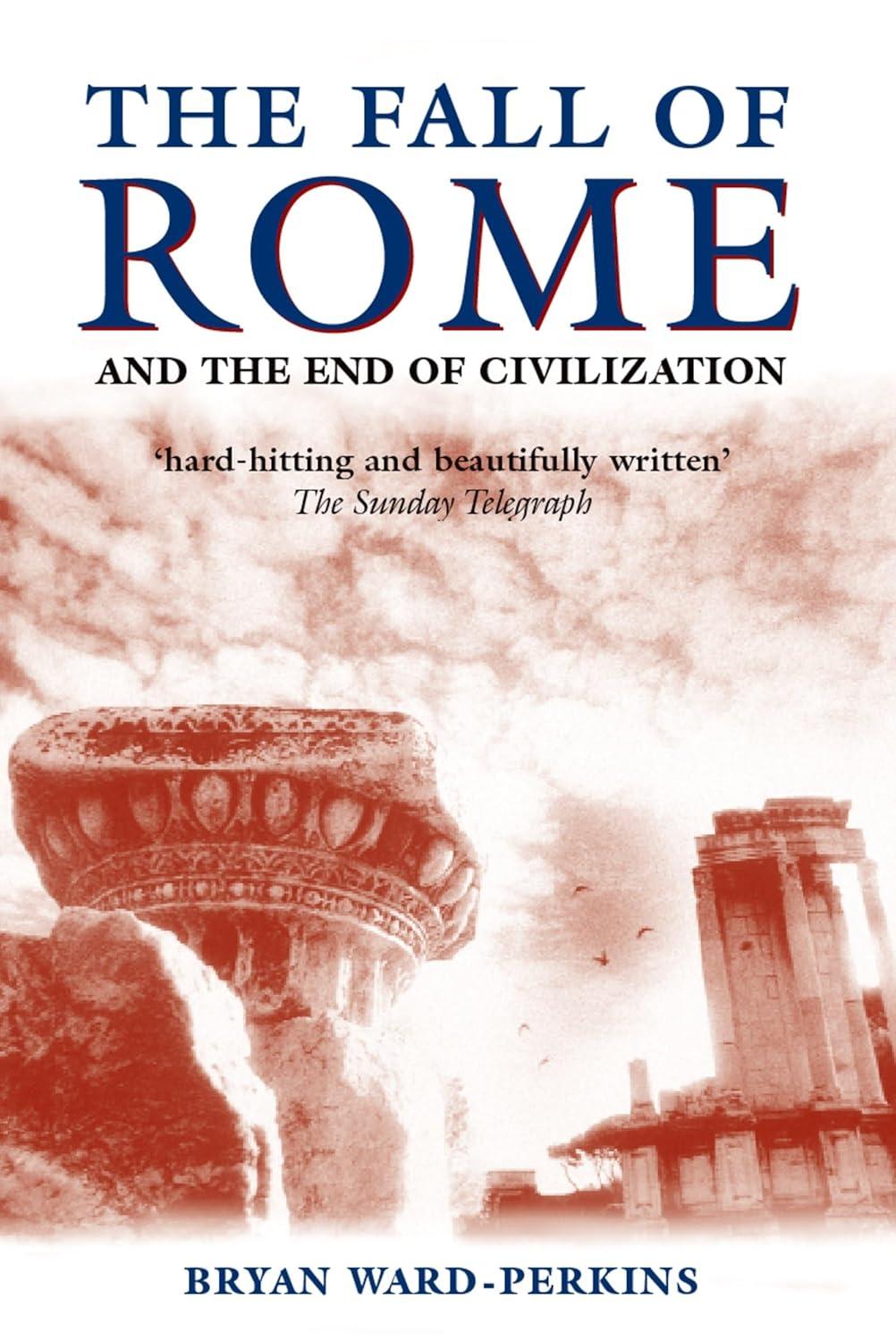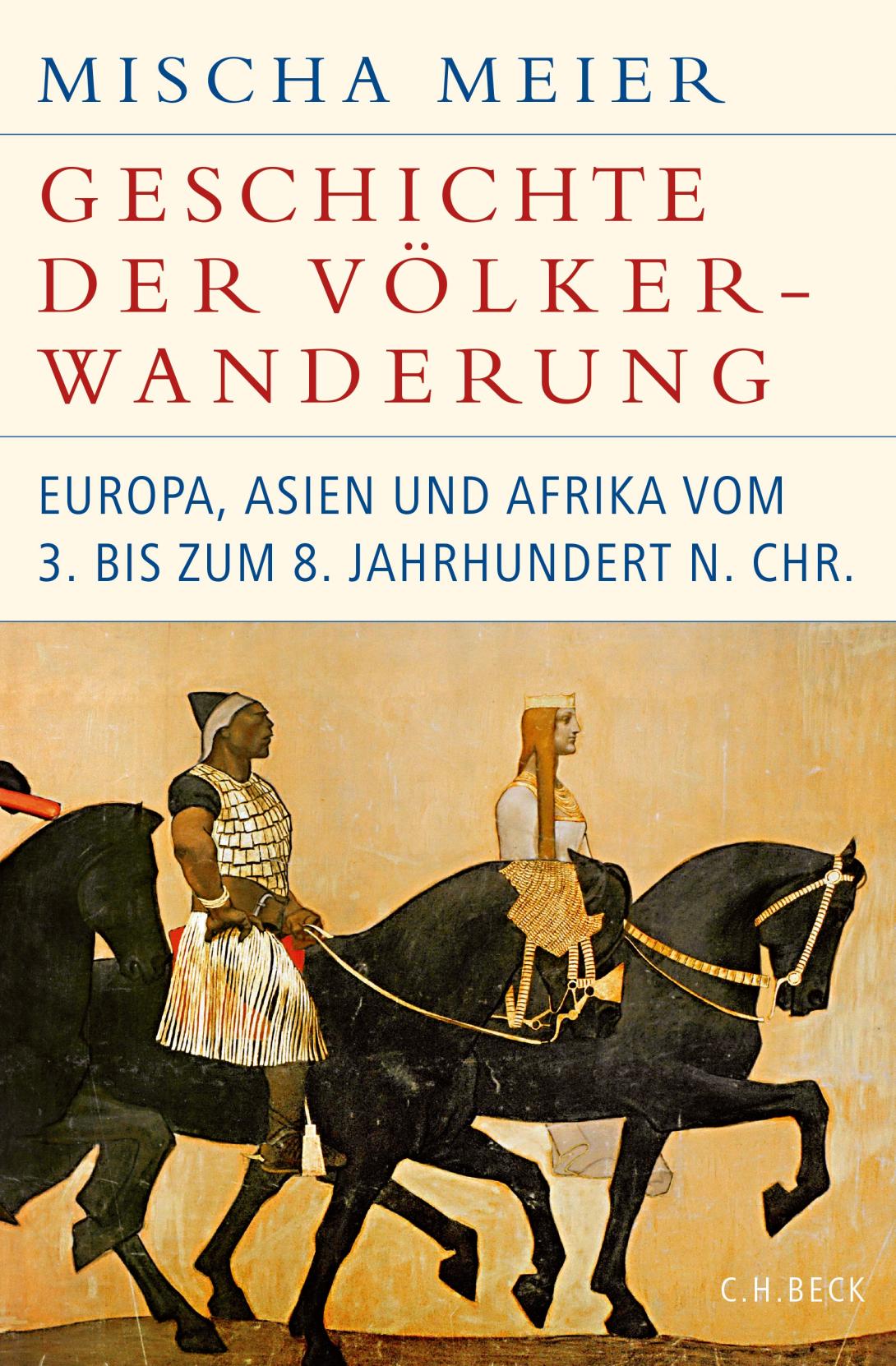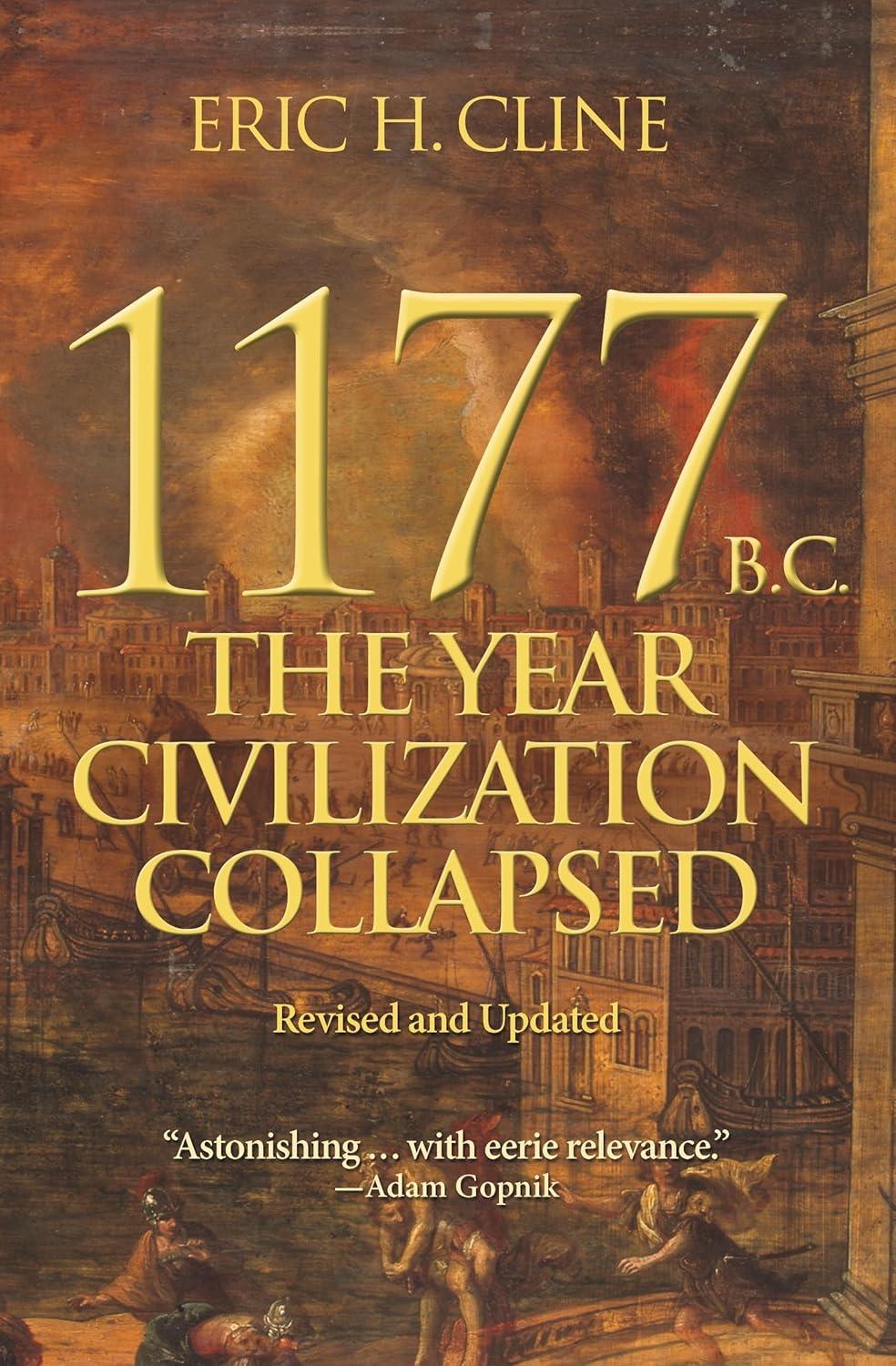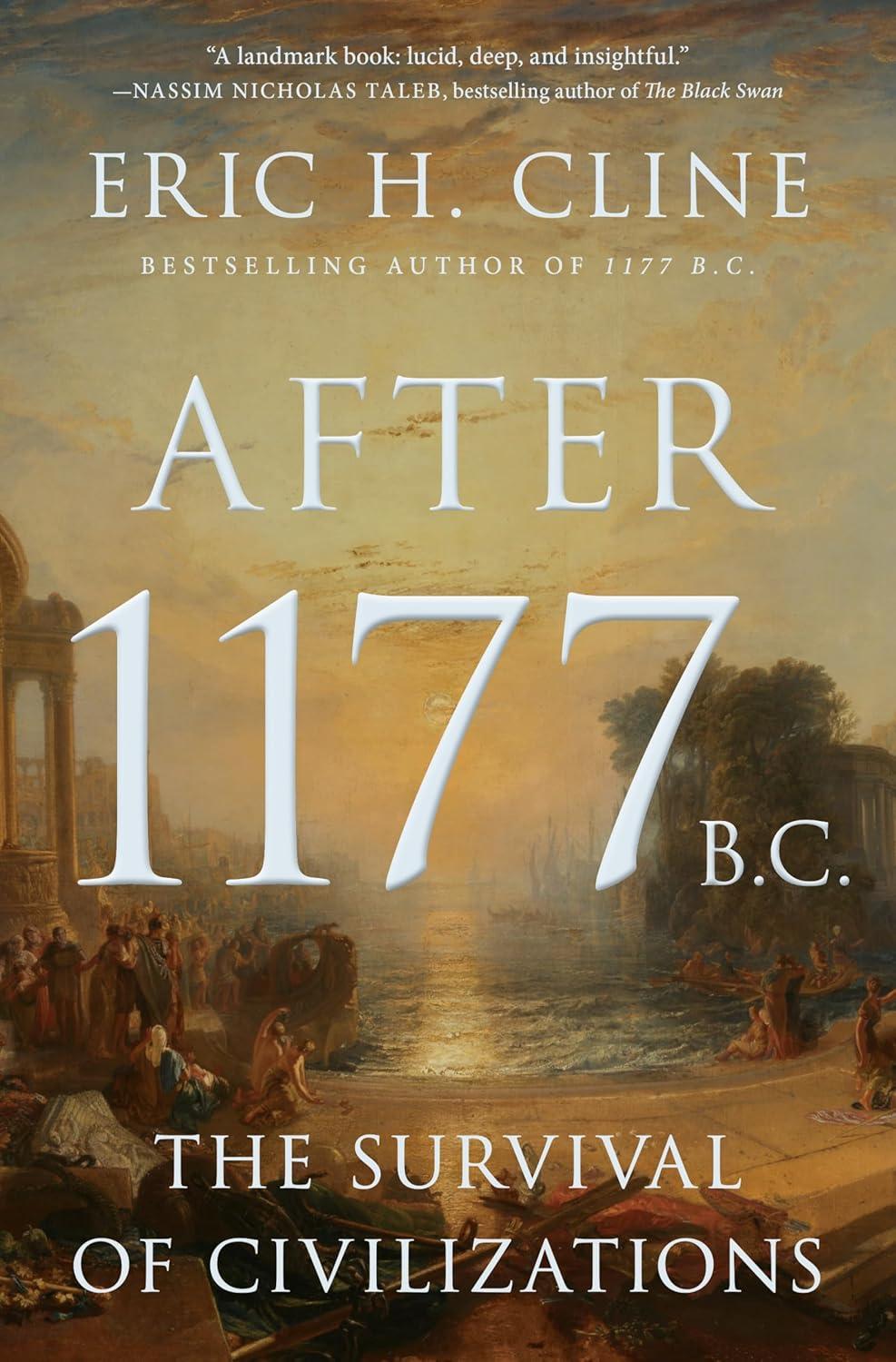Horror, comfort and hope

People are afraid. All over the world. Climate change has accelerated to such an extent that even the most stubborn climate deniers can no longer magic it away. Many are wondering what lies ahead. Although we humans are excellent at suppressing bad and dangerous things, although many people across the continents don't have the time to think about climate change since all their energy goes on ensuring their survival, in the background is this one, deep fear that our world is coming to an end.
In Europe and the USA, there is also the fact that many people (only a minority really know) feel that the old days of dominance are finally over. This is unimaginable for most Americans and Europeans. Almost 500 years of superiority are too deeply enmeshed in the collective consciousness. Nevertheless, Americans and Europeans fear not only the consequences of climate change, but also the newly emerging global balance of power, which they are rightly unable to assess. In the emerging countries, however, where for years there has been inexorable progression, a sense of optimism can often be perceived. Likewise, the majority of the world's youth are optimistic about the future.
I will be presenting the following books:
- Eric H. Cline | After 1177 BC: The Survival of Civilizations | Princeton University Press | 2024
- Erich H. Cline | 1177 BC: The Year Civilization Collapsed - Revised and Updated | Princeton University Press | 2021
- Mischa Meier | Geschichte der Völkerwanderung: Europa, Asien und Afrika vom 3. bis zum 8. Jahrhundert n.Chr. (History of Migration: Europe, Asia and Africa from the 3rd to the 8th Century AD) | C. H. Beck | 2019
- Bryan Ward-Perkins | The Fall of the Roman Empire and the End of Civilization | Oxford University Press | 2006
Because all the authors in these four books adhere strictly to scholarly standards, they are particularly valuable.
 Oxford University
Oxford UniversityBryan Ward-Perkins | The Fall of the Roman Empire and the End of Civilization | Oxford University Press | 2006 | 14,55 EUR
The Fall of the Roman Empire and the End of Civilization
I want to start with the last title mentioned. Bryan Ward-Perkins, the son of an English archaeologist, grew up in Rome and has been familiar with the Roman ruins since childhood. He wrote his book in answer to the question of whether the collapse of the Roman Empire was as great a catastrophe as the collective memory perceives, or rather, whether it was a smooth transition into a new era, as has been increasingly portrayed by historians during the course of the second half of the 20th century. His verdict: Yes, quite clearly, it was the collapse of a civilization. A collapse that brought much suffering to the people, that decimated the population and that very significantly lowered the general level of prosperity as well as the technical and cultural level achieved.
His depiction of a common economic space from Britain to Egypt and Syria is fascinating. Ward-Perkins describes a world of interdependent economic areas and "global" supply chains that is very reminiscent of our world today. All this collapses in the Western Roman Empire. The Eastern Roman Empire fares better, mainly because the warlike migrants could not cross the Bosporus, which is why Constantinople / Byzantium continued to have a functioning economy and therefore retained a healthy tax base. Eastern Rome was thus able to maintain its defensive capacity - not so the West, whose territories were repeatedly occupied and plundered.
He sometimes gives very simple examples of the technical retreat. Even in the far north of Roman Britain, around Hadrian's Wall, houses had tiled roofs and villas, underfloor heating. All this disappeared for many centuries. Many technical skills were so completely lost that the level of craftsmanship achieved by the Romans was sometimes not reached again for a thousand years.
 Beck
BeckMischa Meier | Geschichte der Völkerwanderung: Europa, Asien und Afrika vom 3. bis zum 8. Jahrhundert AD | C. H. Beck | 2019 | 58 EUR
History of the Migration of Peoples: Europe, Asia and Africa from the 3rd to the 8th century AD
In his History of the Migration of Peoples, Mischa Meier describes in great detail the developments in the Roman Empire (and a little beyond) since the third century. Without going into detail, I would like to highlight three aspects in particular that impressed me. Firstly, his observation that contemporaries did not and could not have clearly envisioned the fall of the Roman Empire. Something that had existed so successfully for so many centuries could not simply disappear. Most inhabitants of the Western Roman Empire in the 5th century AD believed that it would be possible to overcome the crises.
The second point: for a long time, it was not the goal of the warlike Germanic peoples to destroy the Roman Empire. Rather, they sought to share in Roman prosperity. They themselves probably did not initially believe that their campaigns could irreparably destroy the entire system.
Thirdly, Mischa Meier is of the opinion that the downfall was not without alternative. He points out that the internal Roman power struggles in the Western Roman Empire wasted many resources. If it had concentrated its combined forces on the enemy and the structural problems of the empire instead of getting bogged down in internal power struggles, the Western Roman Empire might have been able to save itself in one form or another. Constantinople / Byzantium was also fortunate in that there were always periods when it was well governed. Good governance is an important trump card in times of crisis, and cannot be overestimated. The conflicts and power struggles that the historian describes in the West gave me an idea of how many terrible things can happen when societies lose their cohesion and economic systems collapse. Mischa Meier also points out that the people of Western Rome were horrified by these outbreaks of violence - unimaginable for them as they had not experienced anything like it for a very long time.
At the end of his 1,500-page book, the author notes that parallels to our present day are obvious, but that he did not want to talk about them in his book. However, he has commented on this elsewhere. Eric H. Cline, an American archaeologist and historian, is not reticent on this point. On the contrary. He wrote his book "After 1177 BC: How Civilizations Survive" for this very reason.
 Princeton Press
Princeton PressErich H. Cline | 1177 BC: The Year Civilization Collapsed - Revised and Updated | Princeton University Press | 2021 | 17.95 USD
1177 BC: The First Fall of Civilization
Before I get to that, however, I must first introduce his bestseller 1177 BC: The First Fall of Civilization. In the 12th century BC, the peoples of the eastern Mediterranean and Mesopotamia were still living in the Bronze Age. The Iron Age would only come after the near-total collapse of an interconnected "internationally" economic area. The year 1177 BC is of course not the all-important year. Cline chooses it because in this year the Egyptian pharaoh Ramses III defeated the so-called Sea Peoples in a great battle in the Nile Delta and had his triumph so impressively carved in stone that modern archaeologists have been able to excavate it. Egypt was able to hold its own, but because an entire system collapsed, the empire of the pharaohs also lost its former strength. Cline speaks of a Pyrrhic victory and traces an arc of decline from this battle to the conquest of Egypt by Alexander the Great.
The Sea Peoples, whose origins are still unknown, destroyed almost all the coastal trading cities, as well as large empires such as that of the Hittites, whose main territory lay on the Anatolian plateau in present-day Turkey. The Hittite Empire was so completely destroyed that it was not even known to have existed until 200 years ago. Mycenaean Greece (named after its capital city Mycenae on the northern Peloponnese), Minoan-Greek Crete and trading cities in Cyprus and the Levant were also destroyed.
The most interesting thing for us here is that Eric H. Cline can demonstrate very convincingly, based on the results of numerous excavations, that the collapse of civilization cannot have been solely due to the Sea Peoples. Civilizations can survive individual crises - just think of the great plague of 1347/48, which wiped out around a third of the population in Europe. Nevertheless, these high mortality rates did not lead to the collapse of civilization. So there must have been other factors in the 12th century. Eric H. Cline finds one main reason in the collapse of trade flows, which at that time were organized by the palaces, i.e. by the rulers. Trading companies in the true sense of the word did not yet exist. In order to produce bronze, the most important metal of the time, copper and tin were needed. Cyprus supplied the copper (which gave the island its name), while the only known tin deposits were in Central Asia. Without "international" cooperation, it was impossible to obtain sufficient quantities of these two metals. The collapse of the trade routes therefore had serious consequences. For example, iron had to be used instead of bronze because the raw materials were simply no longer available, while iron ore was much more common than copper and tin.
Greece became illiterate again for around four centuries. Population figures and trade volumes generally fell sharply. Climate change, resulting in less rainfall, affected everyone. Droughts, famine and epidemics were the consequences. Egypt and Mesopotamia had a clear advantage due to their location on, respectively, the Nile and the Euphrates and Tigris. The Hittite Empire probably also disappeared so radically because it had no access to a large river. Eric H. Cline was also able to show from excavations in the Levant that revolts must have taken place.
In the first three chapters, the author presents the developments in the 15th, 14th and 13th centuries BC respectively. In the fourth chapter, he describes the catastrophes and the collapse of the system in which the eastern Mediterranean and Mesopotamia were integrated. The title of the fifth and final chapter is: "A whole series of catastrophes?" His book shows us an early networked world. In many respects, it looks like a miniature model of our world. It is as if we were holding a magnifying glass in our hands. Precisely because the interaction at that time was much more simply structured, we can see more clearly what may lie ahead for our world today.
In the epilogue, Eric H. Cline asks "And what came after?" and "What if ... ?" [the collapse had not happened]. The last sentences of his book read: "The collapse of existing structures allowed new peoples and city-states to establish themselves, such as the Israelites, Arameans and Phoenicians in the eastern Mediterranean and later Athens and Sparta in Greece. With them came new developments and innovative ideas, such as the alphabet, the monotheistic religion and finally democracy. Sometimes it just takes a wildfire to renew the ecosystem of an old forest and allow something new growth."
 Princeton Press
Princeton PressEric H. Cline | After 1177 BC: The Survival of Civilizations | Princeton University Press | 2024 | 32 USD
After 1177 BC: How Civilizations Survive
We now come to the fourth, most recent book: After 1177 BC: How Civilizations Survive. Eric H. Cline welcomes us with the sentence: "Welcome to the Iron Age." He wants to know whether and how people and cultures survived the storm of the 12th century and started anew. The question that concerns him is whether the four centuries from the 12th to the 8th century BC were a dark age, and whether anyone at the time realised that they were in the midst of a collapse. (We remember: Mischa Meier answered this question in the negative.) How did they regroup and recover, if they did? Were they resilient? Did they change? Or did they simply perish and were replaced by new states, new structures, new societies?"
The author is primarily interested in the resilience of social systems. The final impetus for writing his book came from the UN climate report from 2021, the Covid-19 pandemic and Russia's invasion of Ukraine in 2022 with the aim of subjugating not just a few territories (as it has done since 2014), but the entire country.
The author again proceeds carefully, step by step, always basing his conclusions on the results of archaeological research. The first chapter, "The Year of the Hyenas, When Men Starved", deals with Egypt, Israel and the southern Levant. In his opinion, Egypt did not hold up well, as it was never able to regain the strength of the position it held before the attacks of the Sea Peoples. He tells us about the country: "It continued to exist, but at a lower socio-cultural level of existence;". Egypt had been one of the most successful civilizations in the world since around 3000 BC. But in the fundamental crisis at the end of the Bronze Age, it did not prove to be sufficiently adaptable. Cline is not sure about the southern Levant. Should the new kingdoms, including Israel, Judah, Edom, Ammon and Moab, be seen as subjects of a successful transformation or as merely assimilated?
The second chapter, "Conqueror of All Lands, Avenger of Assyria", is about Assyria and Babylonia. Both successfully withstood the collapse and the transition phase, but they were also hit, at a later date, by droughts, famine and epidemics. When the climate became more humid again towards the end of the 10th century BC, Assyria returned in force, but Babylonia had to wait another 300 years.
The Cypriots and Phoenicians fared best. The third chapter reads: "The Mediterranean becomes the Phoenician inland sea". The new Iron Age probably first began in Cyprus. Because of its copper deposits, it had the best-trained metalworkers. The Cypriots had probably known how to extract and process iron from iron ore for some time. As there was no more tin after the collapse, they built on their skills and re-established trade contacts. The Phoenicians profited from the fall of the dominant port city of Ugarit (located in modern-day Syria) and other coastal cities. This allowed them to gain control of the trade routes in the Mediterranean. While the Cypriots exported ironware and ironworking techniques around the Mediterranean, the Phoenicians spread their version of the alphabet. They produced purple dye and were able to trade it for silver and other metals from Sicily, Sardinia and the Iberian Peninsula. According to Eric H. Cline, they flourished in the midst of the chaos following the collapse.
The fourth chapter tells of the fall of the Hittites and what followed. The fifth chapter is about what happened in Greece and Crete. Both Mycenaean and Minoan Greece (Crete) failed completely. Greek civilization did not recover until the 8th century BC at the earliest. It had to start from scratch again.
The final chapter, "From collapse to resilience", aims to understand how a collapse occurs and what qualities can prevent it. The starting point is the adaptive cycle from resilience research (a horizontal figure of eight - the phases of growth, maintaining the status quo, collapse, reorganisation phase) as well as the report "Managing the Risks of Extreme Events and Disasters to Advance Climate Change Adaptation" by the Intergovernmental Panel on Climate Change (IPCC) from 2012. Using this grid, he assesses each of the cultures affected by the collapse of civilization over four centuries. His most important findings have already been discussed here. At the end of his book, he draws six lessons for the world of 3000 years ago, which we should also heed today in principle, but adapted. They are:
- Have multiple contingency plans in place and set up redundancy systems that you can rely on if the primary systems fail.
- Be resilient enough to withstand any conceivable blow and strong enough to withstand any enemy invasion or attack.
- Be as self-sufficient as possible, but rely on the help of friends if necessary.
- Be innovative and resourceful, ready for rapid change and adaptation or transformation, not just for your own crisis management.
- Be prepared for extreme weather - if it comes, you'll be ready, if not, it won't hurt
- Ensure reliable water supplies.
- Keep up the morale of the working class.
Fear, comfort and hope
As this article is being written, civil war is breaking out again in Syria. Aleppo is being recaptured by insurgents against the Assad regime. Journalists are speculating about what impact this will have on Russia's war against Ukraine and whether a Ukrainian defeat would encourage China to attack Taiwan sooner rather than later. If China were to seize Taiwan, this would have the most serious impact on trade flows and the economies of industrialized countries, as Taiwan is currently irreplaceable as the world's most important producer of computer chips. In Germany, entire sectors of the economy would be threatened with paralysis. Semiconductors today are the copper and tin of the late Bronze Age. Those who can no longer produce or obtain them are doomed. In America, the newly-elected former President Donald Trump threatens new tariffs almost every day. If he overdoes it, a functioning network of relationships could be torn apart here too. Wars have become so normal again that almost nobody is interested in what is happening in Sudan, where hundreds of thousands are at risk of starvation. Why does nobody care? Because there is no one left who has the power to pacify the conflict on their own.
There is no doubt in my mind that the many crises of our time, overarched by the all-pervasive climate change, are and will be a great horror. The consolation for me is that humanity can be practically sure that its existence is not at risk. My hope is that, as the first scientific civilization in human history, we are strong enough to hold our own through innovation and cooperation. Basically, we are faced with the task of learning to master the atmosphere of a planet and to conceive of ourselves as a single humanity.
These books show us what can happen. This retrospective helps us to look forward. It doesn't take much imagination to apply the historical events to our present. We have built a highly complex system that has life-threatening side effects. We have to eradicate them. Or - in my opinion, we cannot avoid this question - are we too primitive as a species because, with our hunger for power, our greed for money and our tendency to resolve conflicts through violence and war, we are unable to master the political, economic and social complexity created by our intelligence in such a way that we can survive? In the crisis of the 21st century, this applies above all to the elites of all countries. For it is they who control the levers of power and who still too often try to appropriate power and wealth. At any cost.



